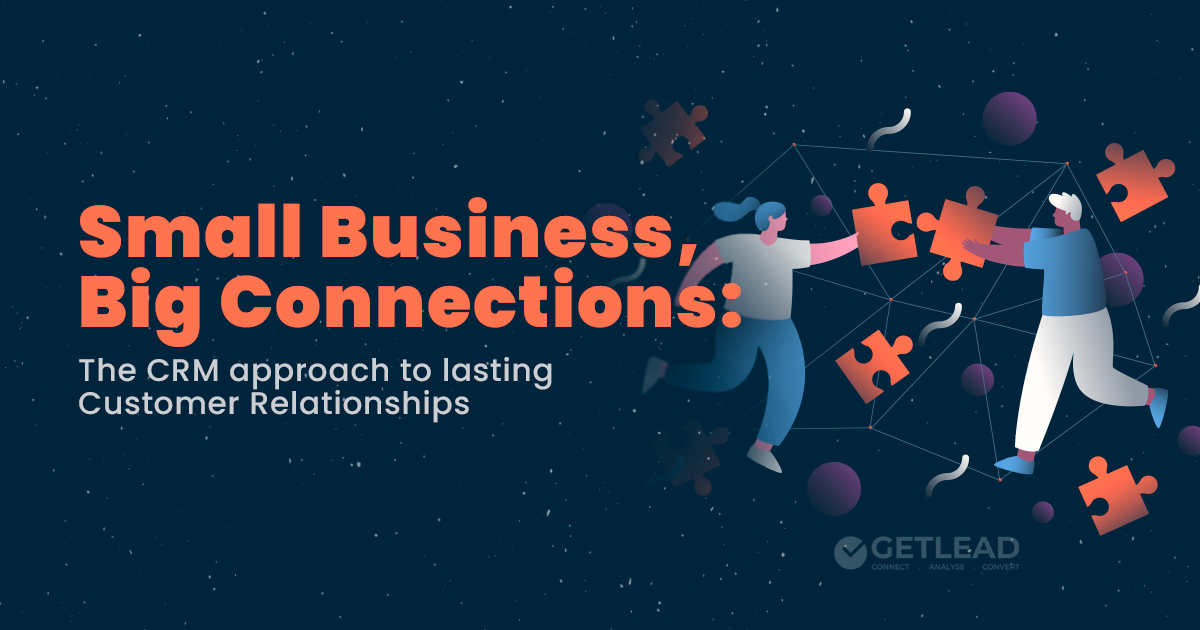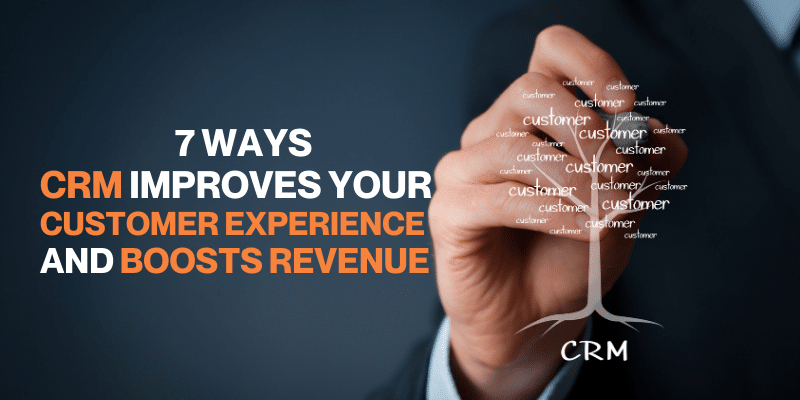The Power of CRM for Small Businesses: Building Lasting Customer Relationships
Posted On Aug 22, 2023

Customer Relationship Management (CRM) systems have become an invaluable tool for businesses of all sizes, and small businesses are no exception. In this article, we'll delve into the world of CRM and explore how it can be a game-changer for small businesses looking to thrive in today's competitive landscape.
What is CRM for Small Businesses?
At its core, CRM, or Customer Relationship Management, refers to a strategy and technology that helps businesses manage interactions with their customers and potential customers. It involves organizing customer data, tracking communication history, and streamlining various aspects of customer engagement.
How Do Small Businesses Use CRM?
Small businesses can leverage CRM systems in a multitude of ways to enhance their operations and customer interactions. Here are some key ways:
-
Centralized Customer Data: CRM systems allow small businesses to store and manage customer information in a centralized database. This makes it easy to access relevant data such as purchase history, communication preferences, and contact details.
-
Improved Communication: CRM systems enable businesses to communicate with customers more effectively. Automated emails, personalized messages, and follow-up reminders can all be set up to ensure consistent and timely communication.
-
Sales and Lead Management: CRM systems provide tools to track leads, deals, and sales pipelines. This helps small businesses prioritize leads, forecast sales, and optimize their sales processes.
-
Enhanced Customer Support: Small businesses can provide better customer support by tracking and resolving customer inquiries and issues in a timely manner. CRM systems facilitate case management and ensure nothing falls through the cracks.
Do You Need a CRM for a Small Business?
The short answer: Yes. Even for small businesses, a CRM system can yield significant benefits. While manual methods like spreadsheets might work initially, they become cumbersome and ineffective as your customer base grows. A best CRM software for small businesses system streamlines processes, reduces human errors, and enables data-driven decision-making.
Why is CRM Important for Small Businesses?
-
Personalized Customer Interactions: CRM systems allow small businesses to tailor their interactions based on customer preferences and behavior. This personalization enhances customer satisfaction and loyalty.
-
Data-Driven Insights: By analyzing customer data collected through a CRM system, small businesses can gain insights into purchasing patterns, preferences, and trends. This information helps in making informed marketing and business decisions.
-
Efficient Marketing Campaigns: CRM systems enable targeted marketing campaigns. Small businesses can segment their customer base and send relevant offers or information, leading to higher conversion rates.
-
Long-Term Growth: Building strong customer relationships is essential for small business growth. CRM systems help nurture leads, retain customers, and create brand advocates, contributing to sustained success.
For a firsthand experience of how CRM can benefit your small business, you can sign up for a free demo of Getlead CRM system here.
In conclusion, CRM systems are not reserved for large corporations. Small businesses can harness the power of CRM to streamline operations, enhance customer experiences, and drive growth. As the business landscape becomes increasingly competitive, investing in a sales process management software system could be the key to unlocking your small business's full potential.














